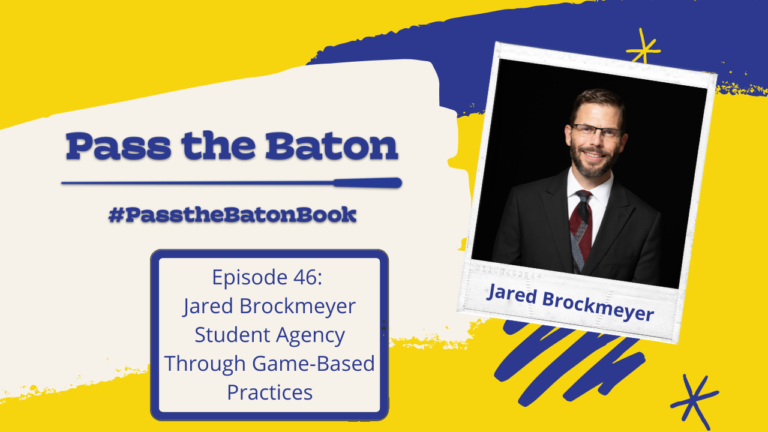Michelle Baldwin is a music teacher and instructional coach at Anastasis Academy in Centennial, Colorado. She has been teaching music for 25+ years in a variety of settings and has been at Anastasis Academy since 2011. Michelle talked to us about how she incorporates inquiry into her music classes.
Anastasis Academy follows an inquiry model, where instead of simply delivering content, students are encouraged to discover, experience, and ask deep questions. When this happens, learning is more relevant and meaningful to the students. The school follows the International Baccalaureate themes of who we are, where we are in place and time, and how we express ourselves. Content spirals through the themes so they aren’t limited to teaching just one subject at a time, instead they focus on how the content fits into a theme and thinking about what questions they have. Students spend a lot of time asking why, what do you think, and I wonder, instead of only memorizing the facts. For the students in Michelle’s school, learning is very personal and relational. Class sizes are small, so teachers can really get to know the students. In many situations, the teachers are learning alongside the students!
In music classes, Michelle uses her Orff and Kodaly training when planning lessons. By putting things in kid’s hands and letting them have experiences, the questions will come naturally. She focuses on the elements of music and has found that lends itself to interesting projects in class. This year, during the “who we are” block, students created “Who I Am” playlists. Since they weren’t able to play instruments or sing because of COVID, it was a great fit. Students have also completed engineering projects where they create their own instruments. In one instance, the students could touch the instruments to start it, but then the instrument had to play a song on its own.
While there are many things possible in STEAM or STEM, Michelle always goes back to asking the questions and asking what’s meaningful for the kids. If she’s able to find the right provocation, the students can think about what questions they have and the projects they would like to do.
Know your students. Not just their name, know something that has nothing to do with your class.

Michelle’s advice to teachers who want to incorporate more inquiry into their music classes: know your students! Not just their names, but things about them that don’t relate to music class. Her school holds an Identity Day each fall where students bring in things about who they are. Students and teachers can make connections, and get to know each other, which strengthens what they do in the classroom.
If you would like to hear more about how Michelle incorporates inquiry into her music classes, check out the full interview here: Inquiry In Music Classes
Connect with Michelle on Twitter: @MichelleK107



